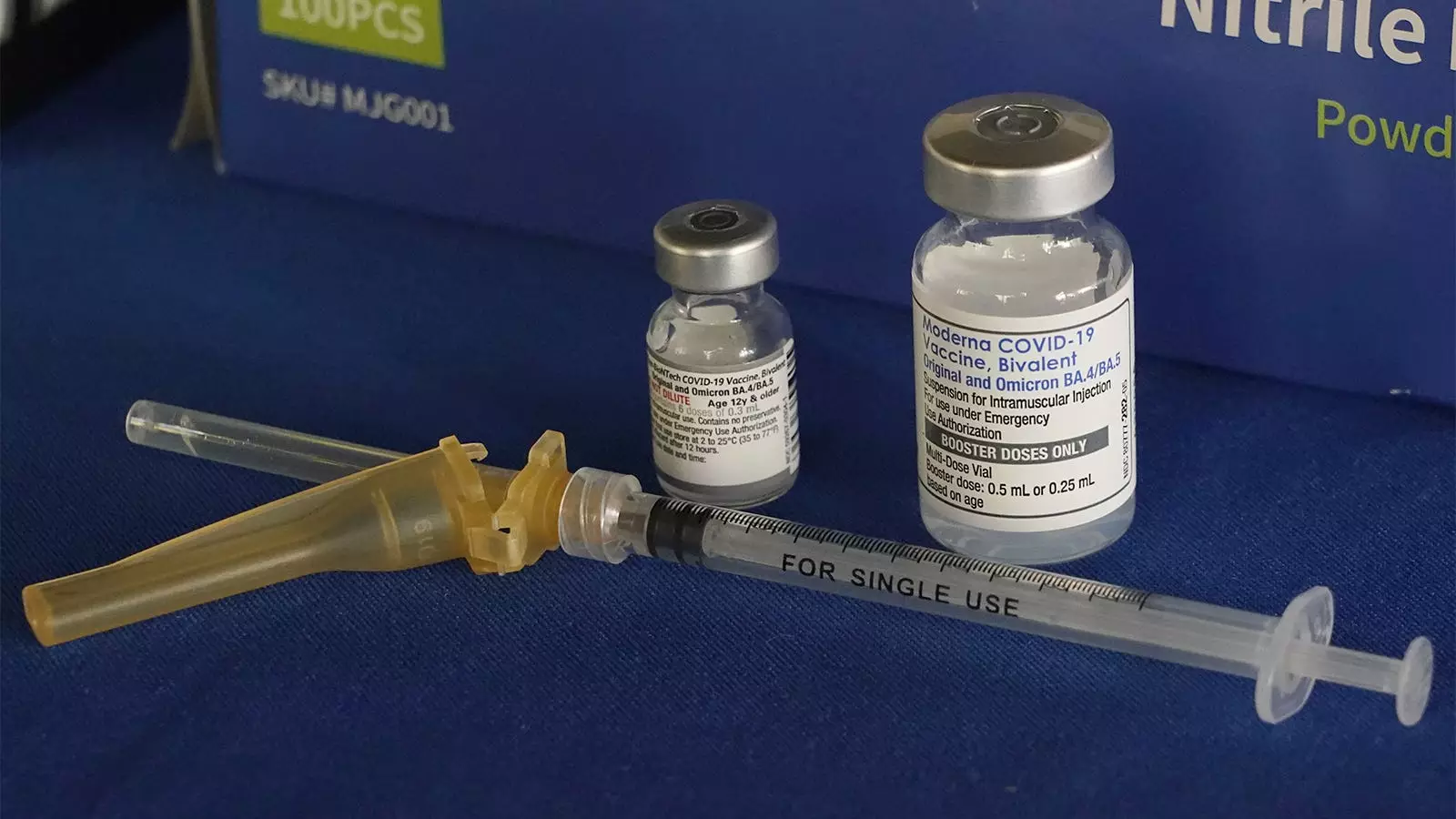In an unprecedented move, the Southwest District Health (SDH) department in Idaho has ceased the administration of COVID-19 vaccines to residents across six counties. This decision, made by a slim 4-3 vote from its board, places SDH at the forefront of a troubling trend wherein public health authorities fatally undermine their roles. While vaccine hesitancy and low demand have prompted the closure of vaccination sites in other parts of the country, this marks the first time a public health body has outright blocked the distribution of COVID-19 vaccines. This development raises significant ethical questions about the responsibilities of public health entities and their commitment to safeguarding community health.
The specter of vaccine hesitancy looms large in this decision. With the stark drop in vaccination rates — from 1,601 vaccines in 2021 to just 64 administered so far in 2024 — it is clear that the public’s appetite for COVID-19 vaccination has waned. However, this drop in demand should not warrant a complete discontinuation of vaccine provision, particularly when this decision may disproportionately affect vulnerable populations such as the homeless, homebound individuals, and residents in long-term care facilities.
Dr. Perry Jansen, the medical director of SDH, vehemently advocated for the vaccines’ continued availability, emphasizing that vaccinations should be based on a careful weighing of risks and benefits rather than blanket denial. His call for a “thoughtful approach” stands in stark contrast to the perspectives of the board members aligned with the ban. This divide illustrates a fundamental clash between scientific guidance and political influence, revealing how public health has become entangled in ideological debates.
The board’s decision was notably influenced by over 290 public comments, many of which were articulated by well-known figures who have voiced skepticism towards COVID-19 vaccines, including Dr. Peter McCullough, who promotes alternative treatments over vaccine efficacy. This reliance on public opinion, especially from those critical of scientific consensus, denotes a concerning precedent wherein uninformed voices steer policymaking in public health. Comments like these can perpetuate misinformation, leading to adverse public health outcomes when they resonate with susceptible populations.
Board Chair Kelly Aberasturi’s openness about his skepticism towards COVID-19 vaccines further complicates the situation. He expresses disappointment in the board’s decision while also tacitly supporting the notion that vaccine distribution must align with personal choice rather than overarching public health recommendations. The conflation of individual sentiment and public health policy raises eyebrows about the qualifications of board members to make critical health decisions that directly affect their community’s well-being.
This strategic move away from providing the COVID-19 vaccines raises troubling ethical concerns. By ceasing vaccine distribution, the board may be neglecting their duty to protect public health, particularly for marginalized groups who rely heavily on public health departments for access to essential healthcare services. It’s imperative to note that the consequences of such a ban could lead more individuals to forgo needed vaccinations, potentially resulting in outbreaks of vaccine-preventable diseases.
Addressing this ethical dilemma calls for a reevaluation of how public health boards operate, especially in contexts heavily influenced by political beliefs. While board members might argue that individuals can seek vaccinations elsewhere, this perspective fails to consider the systemic barriers many face in accessing healthcare. The board’s decision could push vulnerable populations further away from necessary medical interventions.
State health officials have weighed in on the matter, recommending consideration of the COVID-19 vaccine. However, the conversation surrounding this issue needs to extend beyond mere recommendations; it should encompass a proactive approach to ensuring comprehensive vaccination strategies that foster community engagement and trust. Consideration must be given not only to public opinion but also to expert medical advice that aligns with evidence-based practices.
A reevaluation of community health mandates is crucial in creating a more cohesive public health policy that prioritizes the health of all residents, regardless of their socio-economic status. This incident serves as a wake-up call for health departments nationwide, highlighting the necessity to remain committed to their foundational role in protecting public health, even amidst growing political pressures and misinformation.
The decision by Idaho’s Southwest District Health department to halt COVID-19 vaccinations ignites questions about the effectiveness of public health governance in the face of political pressure and misinformation. As communities grapple with the implications of this ban, there is a pressing need for a concerted effort to reaffirm the paramount importance of vaccine availability, transparency, and public trust in health messaging. Rebuilding public confidence and effectively communicating the need for vaccinations will be vital for safeguarding community health in an uncertain future.


Leave a Reply